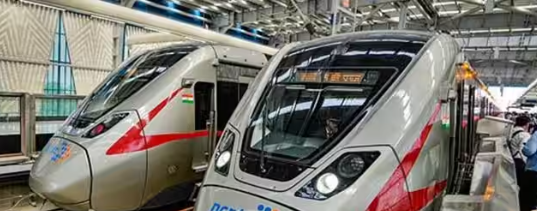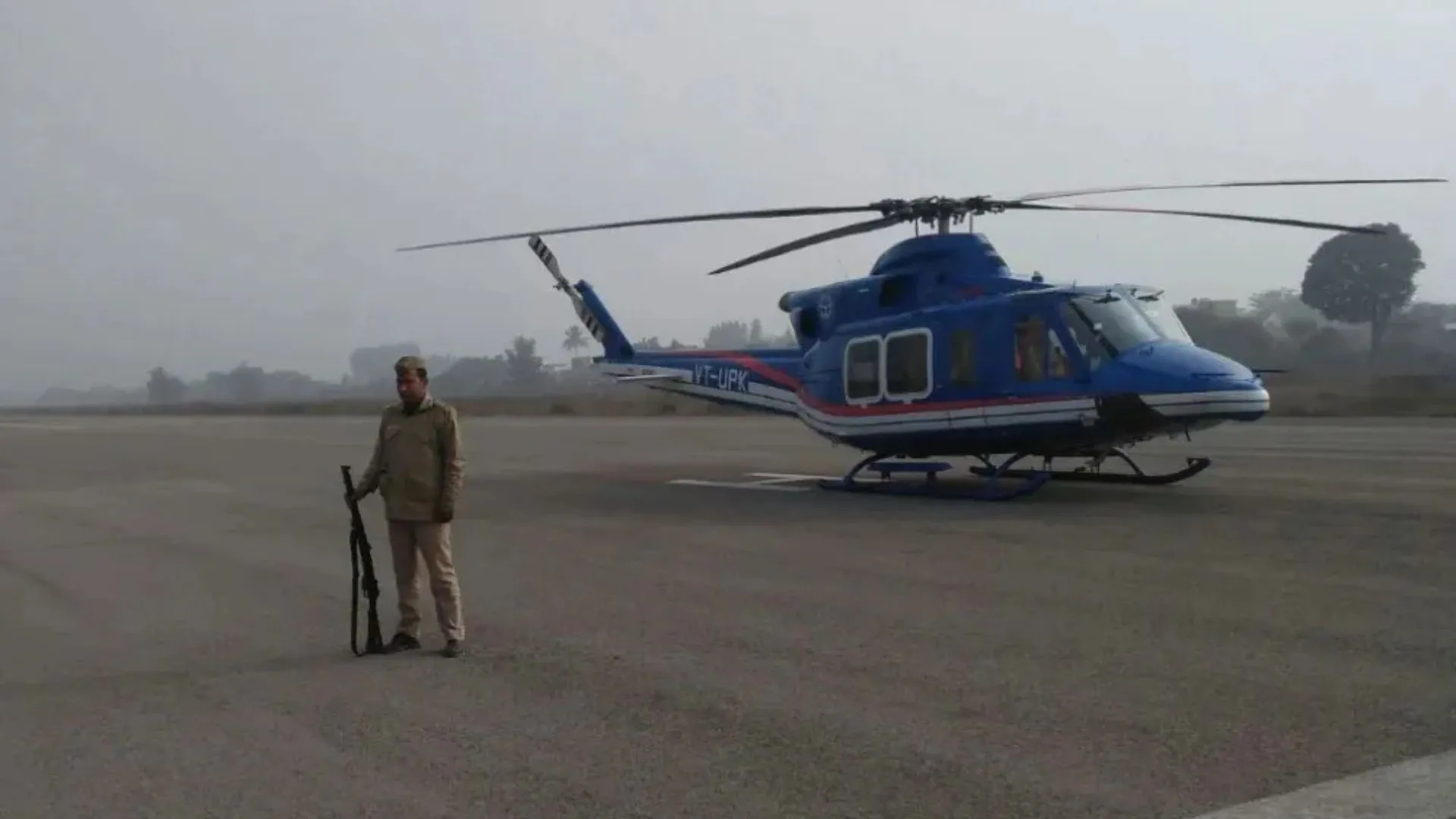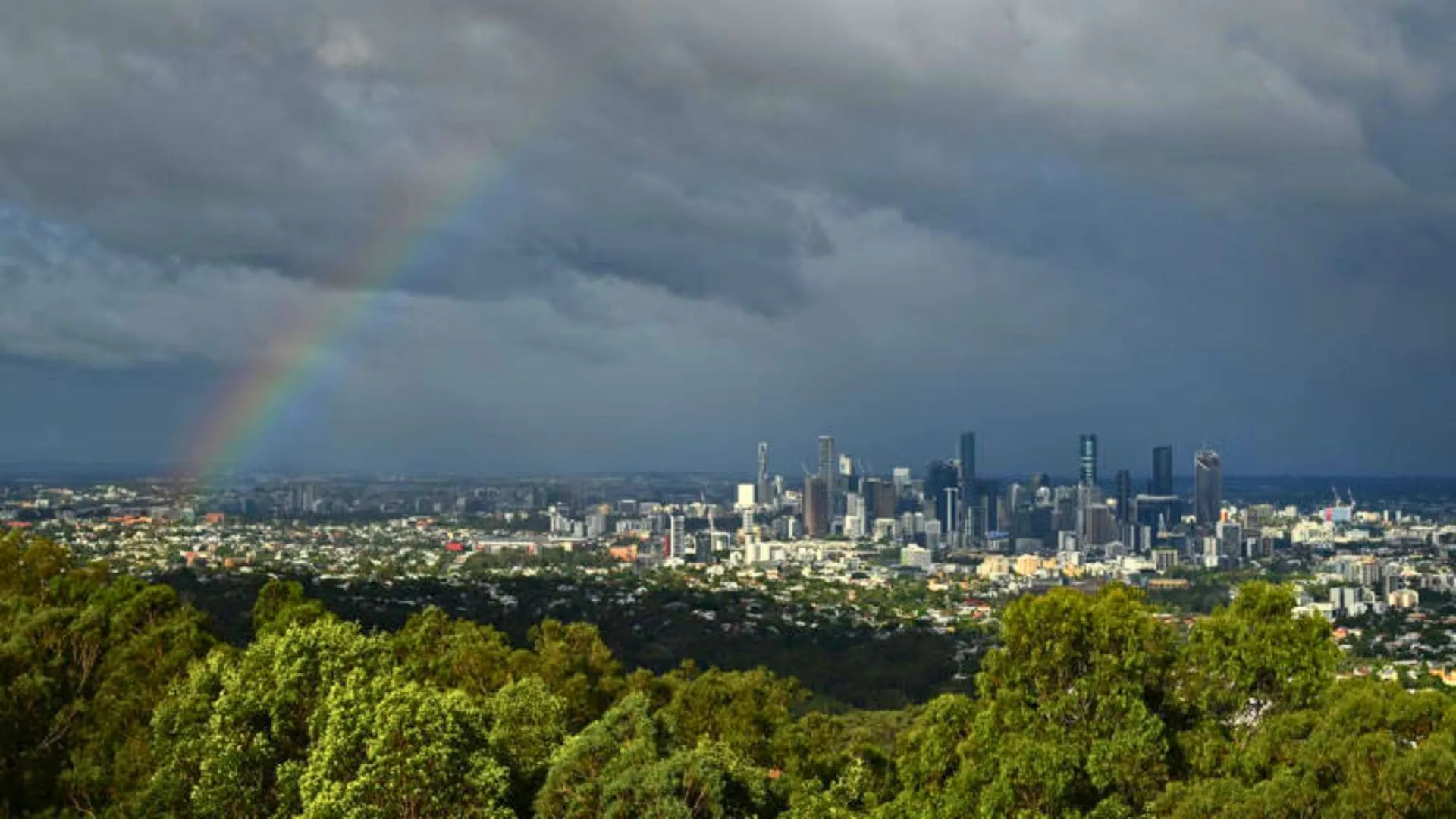At the Sahibabad RapidX station in Uttar Pradesh, Prime Minister Narendra Modi on Friday officially opened the priority section of the Delhi-Ghaziabad-Meerut Regional Rapid Transit System (RRTS) Corridor, a cutting-edge regional mobility solution designed to improve regional connectivity throughout the nation.
The RapidX train, which runs between Sahibabad and the Duhai depot, was also flagged off by the prime minister, signaling the beginning of RRTS in India. The “Namo Bharat” train is the first RapidX train to operate in India.
Sahibabad will be connected to the Duhai depot by the 17 km priority part of the Delhi-Ghaziabad-Meerut RRTS Corridor, which also includes stops in Ghaziabad, Guldhar, and Duhai. The Prime Minister formally laid the cornerstone for the Delhi-Ghaziabad-Meerut corridor on March 8, 2019. When the rail service is in operation, it will take just 12 minutes to get from Sahibabad to Duhai Depot, compared to the 30- to 35-minute drive it currently does.
The RRTS project is being constructed in accordance with the Prime Minister’s aim to completely change regional connectivity in the nation by building brand-new, top-notch transportation infrastructure. A brand-new, rail-based, high-frequency commuter transit system is called the RRTS.
With a design speed of 180 kmph, RRTS is a transformational, regional development initiative, which is designed to provide high-speed trains for intercity commuting every 15 minutes, which can go up to a frequency of every 5 minutes as per requirement.
A total of eight RRTS corridors have been identified to be to be developed in the National Capital Region (NCR), out of which three corridors have been prioritised to be implemented in Phase-I including Delhi – Ghaziabad – Meerut Corridor; Delhi – Gurugram – SNB – Alwar Corridor; and Delhi – Panipat Corridor.
The Delhi-Ghaziabad-Meerut RRTS being developed at a cost of more than Rs 30,000 crore, and will connect Delhi to Meerut in less than an hour of travel time going through the urban centres of Ghaziabad, Muradnagar, and Modinagar. The 82-km Delhi-Meerut section is likely to be completed by 2025.























